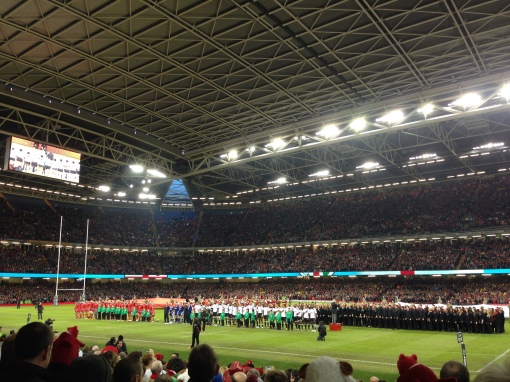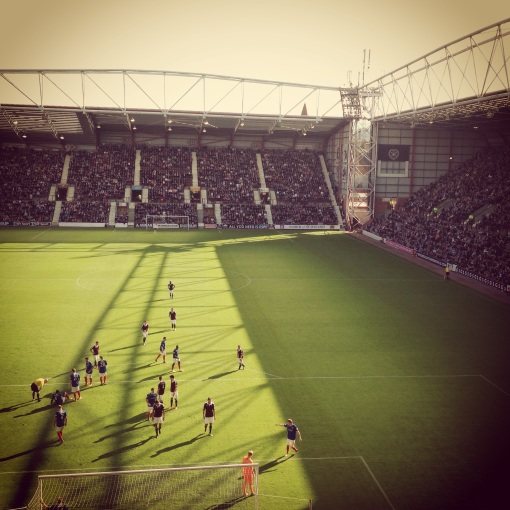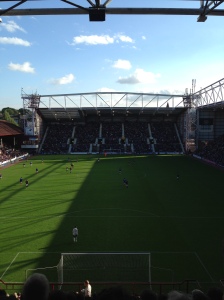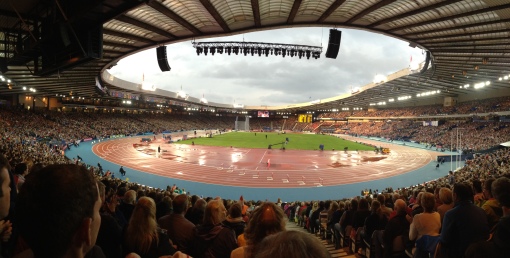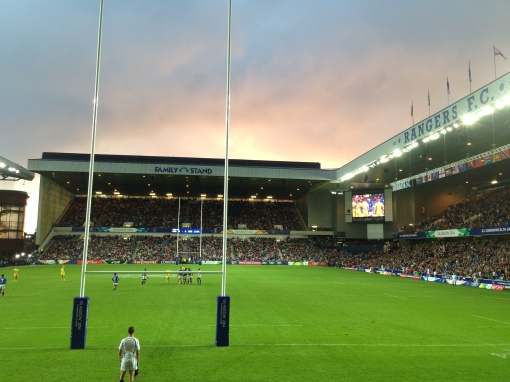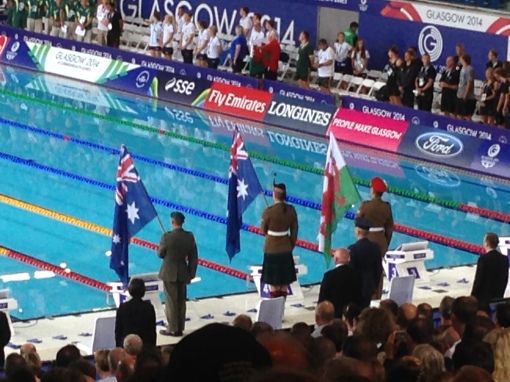Wales 23-29 New Zealand
After yet another narrow defeat to the Wallabies, followed by a hugely underwhelming (and even narrower) win against Fiji, Wales have to get their act together, and fast.
The All Blacks are on one of their worst runs for a long time – although that’s still only one defeat (27-25 vs South Africa in October) and a draw (12-12 vs Australia in August) in their last nine games against tier one opposition. Scotland could easily have snatched a famous win last weekend.
This is Wales’s penultimate chance to win a game against a top Southern Hemisphere team before the World Cup. I say it every time, but it’s true. Wales simply have to do what England and Ireland, and France, have done in the past and beat one of the old Tri Nations sides.
New Zealand is a daunting task in that context (in fact, in any context). But at least Wales have the advantage of not being favourite, for the first time this autumn. That might take some weight off their shoulders.
From my point of view, too, I’m not worried about the game tomorrow in the same way I was ahead of the Australia game. Instead I’m really looking forward to a high-octane encounter. The battle on the wings – George North and Alex Cuthbert vs Julian Savea and Ben Smith – could see sparks fly. Wales will be boosted by a few players returning from injury or rest, including Leigh Halfpenny, Dan Biggar, Richard Hibbard and captain Sam Warburton.
When you face the world champions you need all the margins to go your way. But let’s not rule out a first Welsh win over NZ for more than 60 years. In the words of Jonathan “Jiffy” Davies:
“The All Blacks, in their last four matches, have made more errors than they normally do and missed more tackles. Against Australia this year they turned it on when they needed to; they lost to the Springboks, and against England and Scotland they could conceivably have lost both.
“If the All Blacks subconsciously feel like it’s the last game of a long season, there’s an opportunity there. But you can’t simply try to contain them. Wales have to play rugby.”
Finally, a special shout out to the awesome Richie McCaw. To be captaining the All Blacks for the HUNDREDTH time is testament to a simply sensational career. I know the Millennium Stadium crowd will give him the respect he’s earned during his magnificent career.
Italy 13-39 South Africa
Scotland 27-10 Tonga
Ireland 28-30 Australia
England 31-13 Samoa
France 28-19 Argentina
